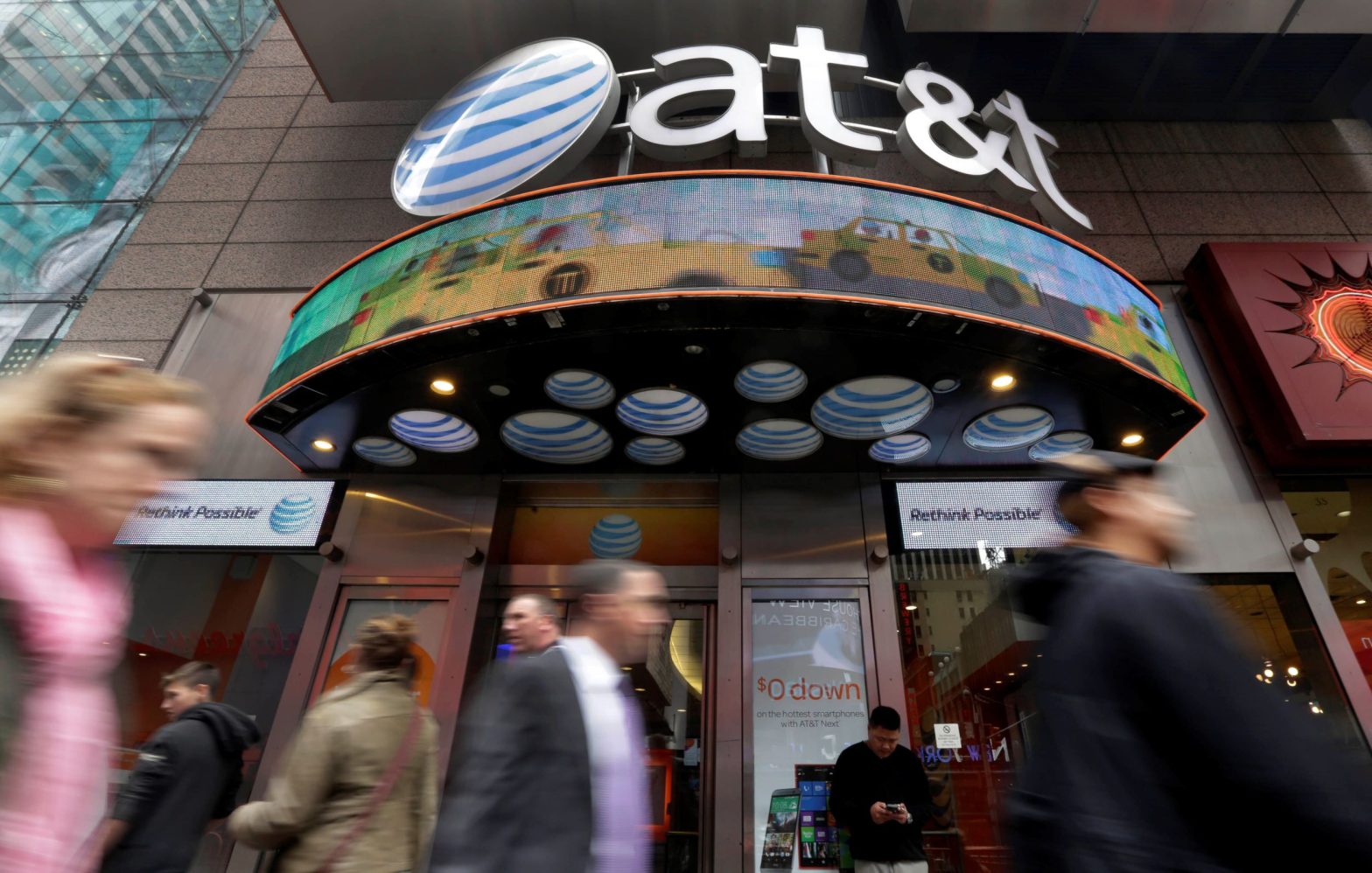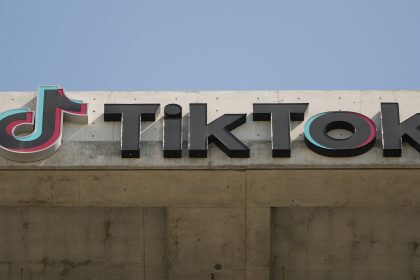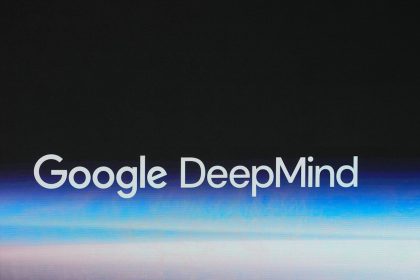AT&T’s WarnerMedia and Discovery Deal Unlikely to Have Smooth Sailing

Telecom giant AT&T may expect smooth sailing through the federal review of its deal spinning off WarnerMedia to Discovery, but four antitrust experts disagree that it is such a clear-cut case. And the deal is likely to get scrutinized by the Justice Department’s Antitrust Division, they said.
The mere size of the merging entities involved in the $43 billion transaction will warrant a deeper look by the agency, said Jeffrey Jacobovitz, partner at Arnall Golden Gregory and former Federal Trade Commission attorney. He was referring to the size, the number of potential markets for the DOJ to review – particularly that of media content, video streaming and sports programming content – and AT&T’s “long history” with the division starting with its 1984 breakup of AT&T’s monopoly, up to the division’s legal challenge to the AT&T/TimeWarner merger in 2018.
All four experts said the deal, which would create the second-largest nationwide media company behind Disney, is likely to receive a second request for information from the agency. This in and of itself could extend the federal review, likely pushing the deal out from its expected mid-2022 close date. And the current administration and Congress have been vocal about heftier antitrust enforcement.
A challenge – an attempt to stop the deal, known as a “block” – by the division would add another six months, Jacobovitz said. Nevertheless, there is still a chance that it could close in a year, depending on how much pre-transaction work and information the merging parties may have already provided. For example, whether they have already identified areas of overlap that would produce excessive market power, control over relevant products or geographical markets that would lessen competition, as well as the companies’ willingness to consider concessions like spinning off a business unit to be independently run.
According to a second antitrust attorney, the first area of overlap that “jumps out” falls in the direct-to-consumer streaming services resulting from the combination of WarnerMedia’s HBO Max with Discovery+, Food Network Kitchen and MotorTrend OnDemand offerings. The combined entity would then be larger than Netflix.
Both Jacobovitz and the attorney also pointed to both media companies’ sports offerings as another potential overlap. Aside from WarnerMedia owning CNN, HBO, and Warner Bros. film studio, the media entertainment company has rights to the National Basketball Association, college basketball, the National Hockey League and some baseball.
In addition to its market-leading non-fiction-focused programming, Discovery has a strategic alliance with the Professional Golf Association Tour, its overseas premium sports provider Eurosport, and the rights to the Olympics. Another international component is the recently launched AT&T Latin America pay-TV services and Discovery Kids in Latin America, but it is uncertain what regulatory cross-border approvals from overseas competition authorities, if any, the companies would need to receive.
Announced on Monday, the proposal comes just three years after AT&T fought tooth-and-nail in court to merge with the then-Time Warner media company. The division at that time argued against the merger saying further consolidation in the media market would lessen competition, leading to fewer choices for consumers, higher prices and a loss of quality and innovation. AT&T, however, won the case by claiming efficiencies of cost benefits, enhancement of quality and choices in their offerings to consumers.
“Clearly, it’s a failed merger,” charged the attorney, noting that all the claims AT&T’s then-CEO Randall Stephenson had made in court are now “totally repudiated” with this spinoff.
But that’s where it gets complicated, said John Bergmayer, legal director of Public Knowledge. If the division wants to stop the deal, it would essentially be making AT&T keep a failing subsidiary, directly contrary to the division’s position in the 2018 trial. And these “cross-currents where it’s simultaneously fixing a problem but creating another” by merging the media companies, could lead to more media consolidation, give them potentially harmful leverage when negotiating with cable companies and bring higher prices for their “must-have programming.” This buyer power leverage is known as monopsony and will be something the division will review, Bergmayer and the attorney said.
And this monopsony issue could trickle down to the content creators, said Diana Moss, president of the American Antitrust Institute, putting writers and other content creators “in a bad position because they will lose even more bargaining power vis-a-vis content producers.”
Bergmayer, Moss and the attorney pointed out this potential monopsony issue could force content creators to accept inferior contract terms since there would be fewer buyers for their work. Thus, also impeding media diversification, Bergmayer and Moss added.
On top of the typical antitrust concerns over the “price effects on the consumer side,” the monopsony issues are “not just about the prices paid for content through subscription services,” she said, but also about quality, innovation and diversity in content.
Nevertheless, the companies remain optimistic for a positive outcome since, “given the complementary nature of these businesses, we don’t anticipate any significant regulatory hurdles,” an AT&T spokesperson told TWN.
But organizations representing content creators, such as the Writers Guild, might have an opposing view, Moss and the attorney cautioned.
Discovery declined to comment. The DOJ and Writers Guild did not respond to requests for comment.
























